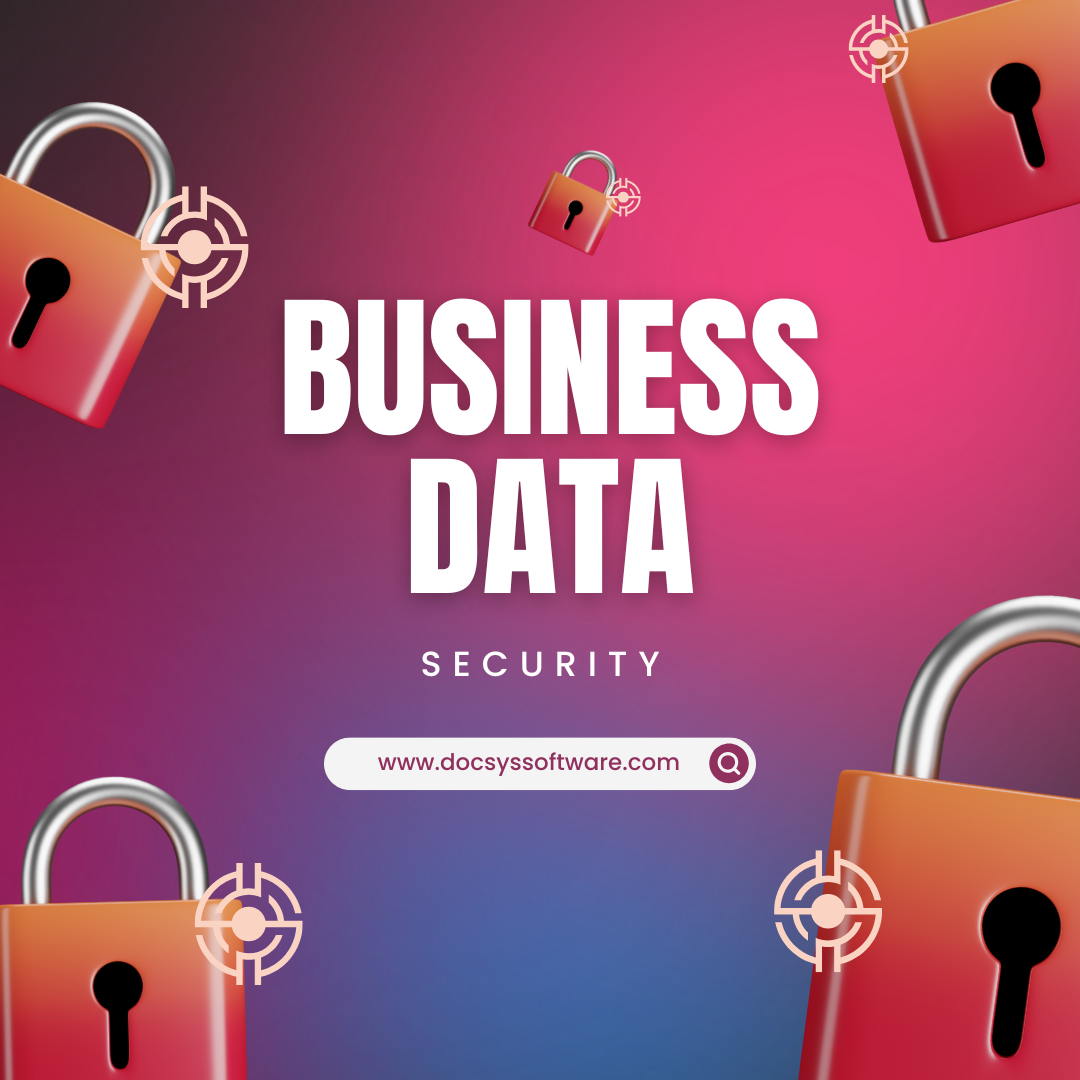In today’s world, data is more than just a byproduct of running a business; it’s one of your most valuable assets. Think about it—every transaction, every customer interaction, every strategic decision—it all comes down to data. But here’s the catch: the more valuable something is, the more people want to get their hands on it. And in the digital age, protecting your business data is no longer optional. It’s a necessity.
Let’s talk about how you can secure your business data and why it matters more than ever.
Why Data Security Matters
Imagine your business as a fortress. Your data? That’s the treasure inside. And just like a fortress, you need walls, guards, and traps to keep intruders out. Why? Because a single breach could cost you more than just money. It can erode trust, damage your reputation, and even put your business at risk of legal consequences.
Cyberattacks aren’t just targeting large corporations anymore. Small and medium-sized businesses are just as vulnerable, often because they lack the resources or knowledge to defend themselves adequately. But here’s the good news: with the right strategies, you can build a strong defense.
Steps to Secure Your Business Data
1. Know Your Data
Before you can protect your data, you need to understand it. What kind of data are you storing? Where is it located? Who has access to it? Conduct a thorough audit to identify sensitive information and prioritize its security.
2. Invest in Strong Passwords and Authentication
Weak passwords are like leaving your front door wide open. Ensure your team uses strong, unique passwords and enable multi-factor authentication (MFA) wherever possible. MFA adds an extra layer of protection by requiring a second form of verification, like a text message or biometric scan.
3. Keep Software and Systems Updated
Outdated software is a hacker’s dream. Regularly updating your systems ensures you’re protected against known vulnerabilities. It’s a simple step, but one that’s often overlooked.
4. Encrypt Your Data
Encryption is like locking your data in a safe. Even if someone manages to steal it, they won’t be able to access the information without the encryption key. Make sure sensitive data is encrypted both in transit and at rest.
5. Train Your Team
Your employees are your first line of defense. Invest in regular training to help them recognize phishing attempts, avoid suspicious links, and practice good cybersecurity hygiene. A well-informed team can prevent many security breaches before they happen.
6. Backup, Backup, Backup
If the worst happens, having a secure backup can mean the difference between recovery and disaster. Ensure your data is backed up regularly and stored in a secure location—preferably offsite or in the cloud.
7. Limit Access
Not everyone in your organization needs access to all data. Implement role-based access controls to ensure employees only have access to the information necessary for their role. This minimizes the risk of accidental or malicious data leaks.
8. Monitor and Respond
Invest in monitoring tools to keep an eye on your systems in real time. Set up alerts for unusual activity and have a response plan in place for when something goes wrong. Speed is critical in minimizing the impact of a breach.
Building a Culture of Security
Here’s the thing: security isn’t just about technology. It’s about people. When you foster a culture of security in your organization, it becomes second nature for everyone to prioritize data protection. Make it a part of your company’s values, not just a box to check.
The Cost of Inaction
Some businesses view cybersecurity as an expense. But here’s the truth: the cost of inaction is far greater. A single breach could cost you your reputation, your customers, and your business. Think of cybersecurity as an investment—one that pays dividends in trust, loyalty, and peace of mind.
Final Thoughts
Securing your business data isn’t a one-time task; it’s an ongoing commitment. In the digital age, threats are constantly evolving, and your defenses need to evolve with them. But by taking proactive steps, staying informed, and making security a core part of your business strategy, you can protect what matters most.
Your business data is your treasure. Guard it well.









